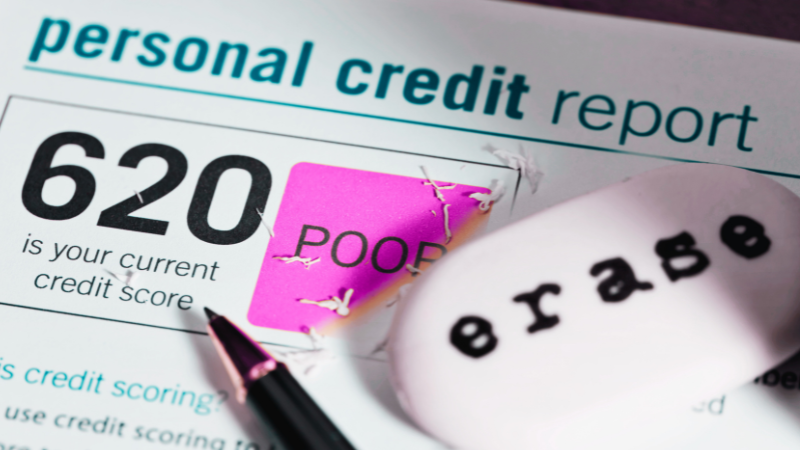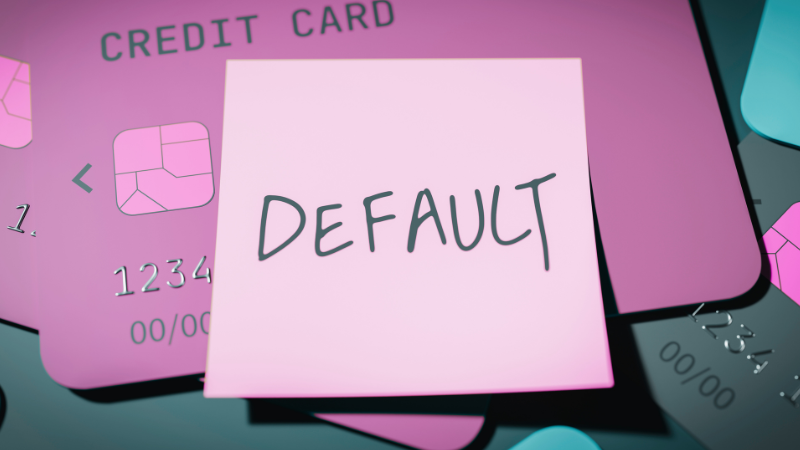If you’re earning a good income, but being affected by a bad credit score, that doesn’t mean you can’t get a mortgage.
In this guide, we’ll discuss how you can get a mortgage with bad credit but good income.
What classes as bad credit?
Depending on the credit reference agency you use, there are differential brackets your credit score will fall into:
*Insert table here*
As you can see, the criteria differ from agency to agency, so make sure to check this first before proceeding with your application. Mortgageable offers a free Equifax Credit Report as part of its service, with no obligation to proceed. Something worth considering.
What causes bad credit?
Bad credit can be caused by a variety of different things, including:
- Borrowing history – making mistakes with borrowing in the past or having limited history.
- Arrears and missed payments – Not paying bills or credit cards on time will affect your credit score.
- Not being on the Electoral Register – Making sure you’re registered here, could improve your credit score.
- Credit applications – if you make a load of applications in a short window, this will have a negative effect on your credit score.
Sadly, even with a high income, your bad credit rating will remain for a certain period.
This leaves many people on high incomes still saddled with poor interest rates or limited options because of bad credit scores.
That said, you will still have options, but they’ll be impacted by how recent your financial issues have been and how severe your bad credit score is.
Depending on how extreme your situation is, you may need to approach a specialist lender that deals with bad credit mortgages or work on your credit score before applying for a mortgage once more.
Consulting with a mortgage advisor on how to get a mortgage with bad credit but good income can also help you to determine the best course of action for you.
Related guides:
- Can you get a mortgage with bad credit but good income.
- Shared ownership mortgages with bad credit.
- Best bad credit mortgage lenders (UK).
- Remortgage with bad/poor credit.
How Can I Improve My Credit Score?
Whilst there will be options out there for a mortgage with bad credit but good income, it’s always a good idea to try and improve your credit score where possible. This may take some time, but will give you access to more lenders, better deals and make the mortgage process a lot easier. Here are some ways in which you can improve your credit score.
- Start making regular payments on time
- Make sure you’re on the electoral register
- Build up your credit history – having no credit history is typical of younger people and those who have just moved to the country
- Don’t be too close to your credit limit – if you can keep your credit limit as far away from the threshold as possible, lenders will look favourably on this
- Credit builder cards – utilising these specialist cards can help to build your score over time. Typically you’d use this card for small amounts each month and pay off at the end of each month
Improving your credit score will make the mortgage process much easier and give you access to better deals.
How Mortgageable Can Help You Find a Mortgage For Bad Credit But Good Income
Most Mortgage Advisors have access to the standard lenders and deals on the market, however others have access to a wider market and specialist lenders for slightly more complicated situations – such as getting a mortgage with bad credit but good income.
This is where Mortgageable come in. Mortgageable has access to over 100 lenders across the UK, meaning access to specialist lenders and deals. Our advisors have also dealt with many similar situations meaning we’re no strangers to finding deals for this type of scenario.
Whatever your situation, Mortgageable’s advisors will work to ensure you find a solution for getting a mortgage with bad credit but good income, making the mortgage process as streamlined as possible.
How To Get a Mortgage With Bad Credit But Good Income Summary
In this guide, we have reviewed how to get a mortgage with bad credit but good income, what causes bad credit and how to improve your credit score. We have also discussed how specialist advisors such as Mortgageable can help you through this process and find the best deal for you.
Should you require any further assistance in your mortgage application, please contact us to arrange a consultation with our expert team of brokers.
As a specialised mortgage broker, we have access to hundreds of lenders, some who specialise in mortgages for those with bad credit but good income. We offer a free consultation with access to a free Equifax Credit Report. With this report, we can analyse your current situation and look at how to move forward.
As with any big financial decision, it is highly recommended that independent financial advice is sought ahead of committing to a specific option, to ensure that all terms are fully understood, the option is the most favourable for the applicant and that the repayments can be made comfortably.
In addition, it is important to note that with any secured lending, the ultimate consequence of defaulting on the mortgage could mean that the property is repossessed by the lender.
Call us today on 0330 90 60 30 or feel free to contact us. One of our advisors will be happy to talk through all of your options with you.
















